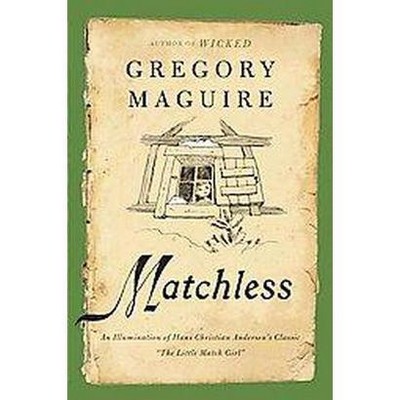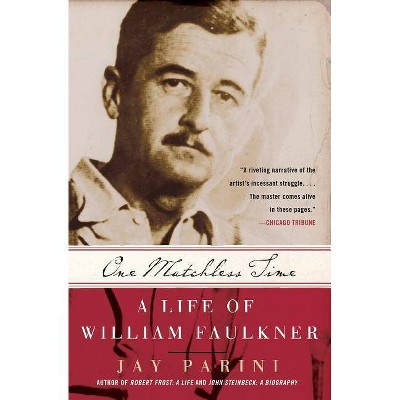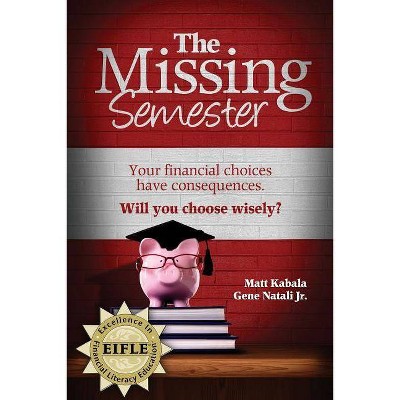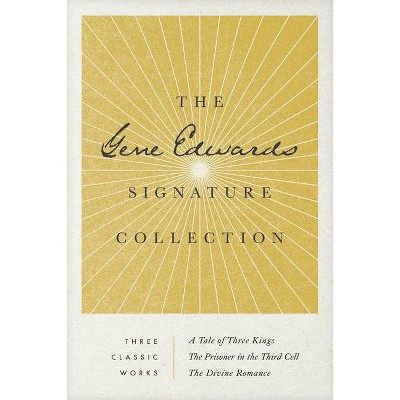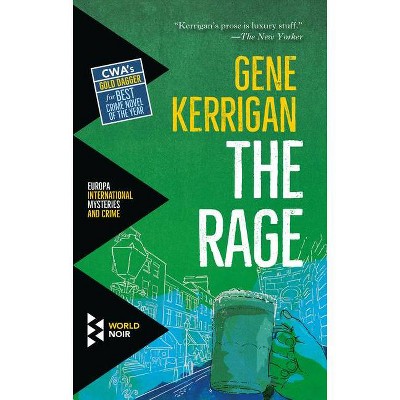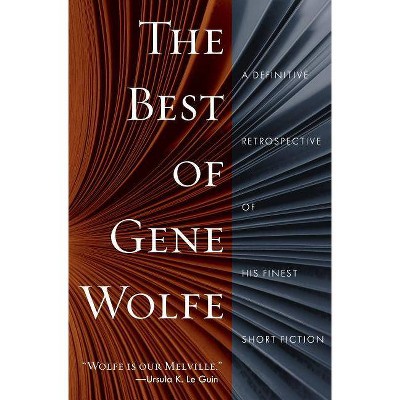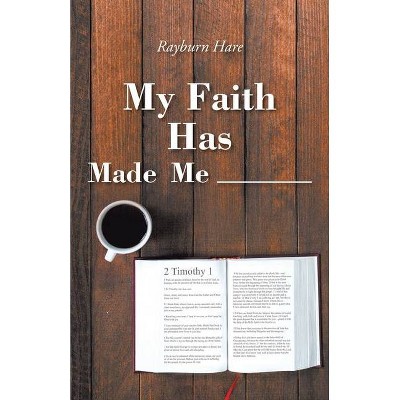The Matchless Gene Rayburn - by Adam Nedeff (Paperback)
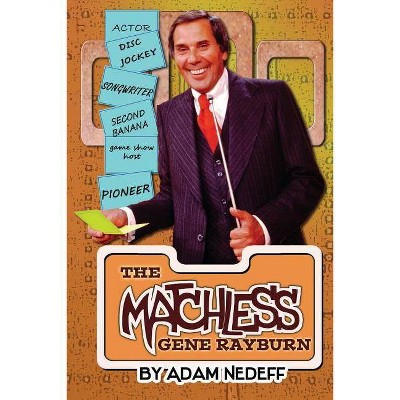
Similar Products
Products of same category from the store
AllProduct info
<p/><br></br><p><b> About the Book </b></p></br></br>This book delves into Rayburn's life before the classic show. Rayburn, who was born Eugen Jeljenic in 1917, was a budding actor who got sidetracked at the start of his career and became a disc jockey. With Dee Finch, he co-hosted Anything Goes, the earliest "morning drive time" radio show, and dominated New York airwaves--one interviewee called Rayburn "The Howard Stern of the 1940s." His success as a disc jockey led to a contract with NBC, where, in 1954, Rayburn would become the first announcer/sidekick on The Tonight Show. Rayburn also amassed an impressive resume in theater, including the starring roles in Bye Bye Birdie and La Cage Aux Folles. In addition, The Matchless Gene Rayburn explores Rayburn's life away from the cameras, including his fractious relationships with Match Game panelist Richard Dawson and game show kingpin Mark Goodson, as well as his struggles finding employment after Match Game ended. As a television game show host, Rayburn was famous for his somewhat rebellious approach to the job. He told jokes, used silly voices when he read questions, dragged stagehands in front of the camera, drew the audience's attention to broken pieces of equipment, and encouraged the audience to boo when contestants gave what he called "rotten answers." He could be just as mischievous off the air. He was on the receiving end of numerous memos from NBC executives, scolding him for riding his bicycle in the hallways of the NBC offices. Among the interviewees that author Nedeff spoke to for the book were Match Game panelists Orson Bean & Dick Gautier, Hollywood Squares host Peter Marshall, animal trainer Warren Eckstein (The Mickey Mouse Club), and Rayburn 's daughter Lynne. All paint a portrait of Gene Rayburn as a complicated man torn by the success he enjoyed in television, and the frustration he felt about not getting the roles he truly wanted or the respect he felt he was owed.<p/><br></br><p><b> Book Synopsis </b></p></br></br>"I got interested in Gene Rayburn during the 1990s, when I was a teenager and I discovered a marvelous cable channel called Game Show Network. I'd been a fan of game shows my entire life, and I was excited about seeing all these shows that I just vaguely remembered from my early childhood. My biggest surprise was how obsessed I became with a show I had never heard of until I got Game Show Network; a show that was cancelled the same year I was born, funnily enough. It was a show called Match Game. Gene Rayburn, of course, was the host of Match Game, and I appreciated right away how different he was from other game show hosts. He was so hammy and mischievous and physical, and he fit the show he was hosting better than anybody I had ever seen hosting a game show. He and Match Game were absolutely made for each other. I think the biggest discovery I made was the way Gene just got repeatedly sidetracked during his career. He came to New York to become a star in musical theater. When he couldn't find work in musical theater, he wound up becoming a disc jockey. And after a decade of that, he decided to try being a television star. That didn't work out right away, so he took a job announcing a new show. Well, that turned out to be The Tonight Show. His career, right up to the end, was filled with little detours. Gene always wound up doing something besides what he was really trying to do. John Lennon was right and Gene was the proof; life is what happens when you're making other plans. The biggest pitfall I encountered was the dearth of materials from earlier in Gene's career. Because reruns weren't a consideration for so long, a considerable chunk of the man's work in television is just gone. Think about it-he's best remembered for the 1970s version of Match Game, a job that he started when he was 55 years old. So finding resources from earlier than that could be surprisingly tricky, but that made it all the more exciting when I finally did see the occasional kinescope or hear an audio recording. I think readers will enjoy #1, the memories, if they enjoy Match Game as much as I do, and #2, the surprises. Gene really had a remarkable career outside of that show. My hope for this book is that it makes that image on the TV screen a little more three-dimensional. Gene was very human, very flawed; he had his frustrations and disappointments like the rest of us." -- The Author
Price History
Price Archive shows prices from various stores, lets you see history and find the cheapest. There is no actual sale on the website. For all support, inquiry and suggestion messages communication@pricearchive.us
